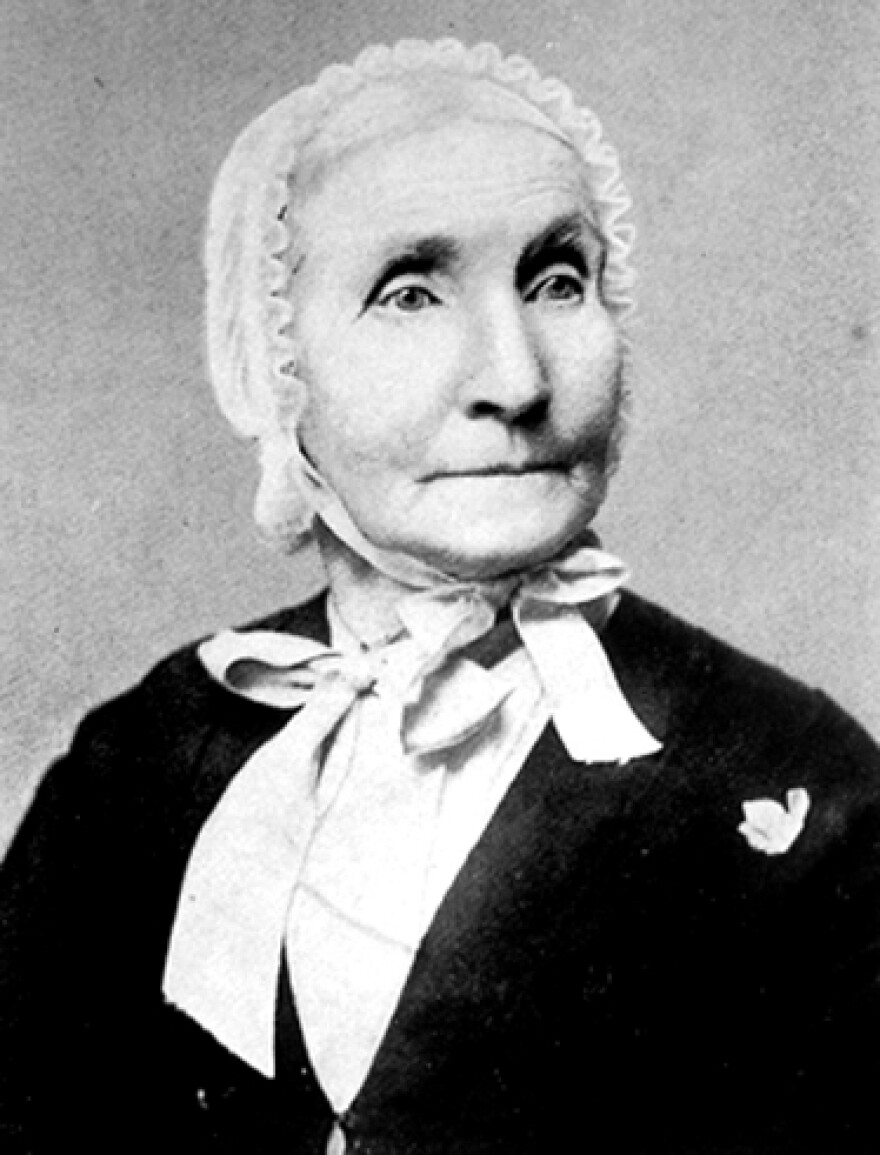When you think of the Underground Railroad, one name you may not recognize is Laura Smith Haviland.
She helped many slaves escape from the South to freedom, and she was from Michigan.
Michigan was a crucial stop on the Underground Railroad.
Before and during the Civil War, many Michiganders helped slaves escape to freedom in Canada by crossing the border in Port Huron or Detroit.
In 1832, Laura Haviland co-founded the Logan Female Anti-Slavery Society and the Raisin Institute, which became a safe space for African American fugitives of slavery and attracted black settlers in Michigan.
In the 1840s and 1850s, Haviland traveled between Michigan, Ohio, and Canada assisting slaves in escapes, teaching African American students, and making public anti-slavery speeches.
Southern slave owners had a $3,000 reward for her capture.
Tiya Miles is chair of the Department of African-American Studies at the University of Michigan and will be a keynote speaker at the National Underground Railroad Conference being held in Detroit this week.
“Laura Haviland was an incredible woman, and she is someone who faced daunting challenges that you and I - I don’t think, could ever imagine,” Miles said.
Miles said that women were not expected to be independent and involved in political issues at this time. There was a lot of criticism of her from her fellow abolitionists. She was seen as someone who outright rejected the conservative gender roles.
The National Parks Service is hosting its annual conference on the Underground Railroad in Detroit from July 16 to July 20. The theme is "Women and the Underground Railroad."
*Listen to the full interview above
Want to support reporting like this? Consider making a gift to Michigan Radio today.



